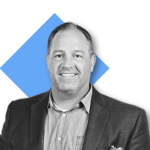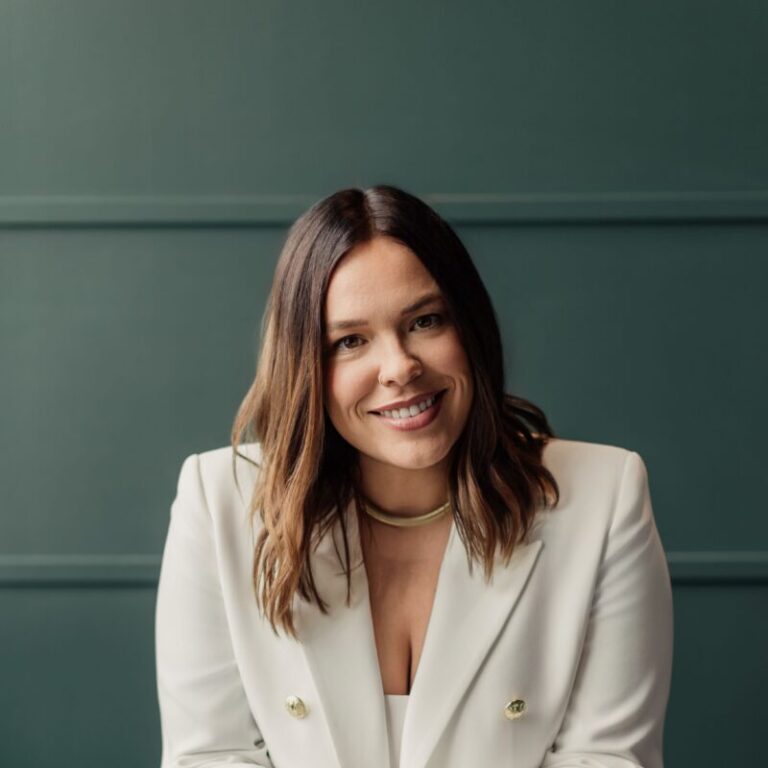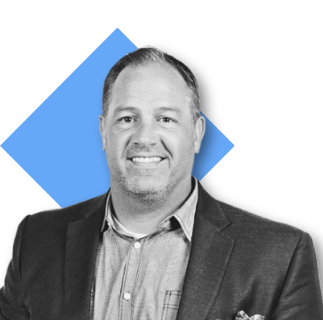Maggie Olson is the Founder of Nova Chief of Staff, the premier and first-of-its-kind destination for Chief of Staff education, certification, and development. She has 20 years of experience in retail, food and beverage, and technology sectors and has held leadership roles at Nordstrom and T-Mobile. At T-Mobile, Maggie’s impressive work led her to become the Chief of Staff to the President of the T-Mobile Business Group. In this role, she built the Chief of Staff model from the ground up, creating a highly efficient team and establishing an executive back-office structure. supporting the President, SVPs, and over 5,000 employees. She also built a Chief of Staff team, defining all roles, processes, and systems. Through Nova Chief of Staff, Maggie continues to shape the future of business leadership, providing the tools and resources necessary for Chiefs of Staff to excel in their roles and drive company success.
Company: Nova Chief of Staff
We are thrilled to have you join us today, welcome to ValiantCEO Magazine’s exclusive interview! Let’s start off with a little introduction. Tell our readers a bit about yourself and your company.
Maggie Olson: I am the CEO and Founder of Nova Chief of Staff, the premier and first-of-its-kind destination for Chief of Staff education, certification, and development. With two decades of experience across some of the largest companies in retail, food and beverage, and technology, my career has been defined by stepping into new roles and industries, transforming teams, and driving businesses forward. Nova Chief of Staff provides first-of-its-kind certification, coaching, and consulting services for current and aspiring Chiefs of Staff.
My journey began at Nordstrom, where I developed my skills in customer experience and business process management. As a Buyer in multiple departments and later with the technology team, I created user tools that improved operational efficiency, solidifying my passion for leadership and laying the foundation for future success. While pursuing my MBA at the University of Washington’s Foster School of Business, I was recruited into T-Mobile’s highly competitive Executive Development Program. I led a district of stores to success, crafted strategies for new store concepts, and spearheaded the company’s COVID-19 response initiative, mobilizing over 26,000 retail employees. This led to my role as Chief of Staff to the President of T-Mobile’s Business Group. There, I built the Chief of Staff model from the ground up, creating a highly efficient team and establishing processes that continue to benefit the organization. My contributions earned me a significant achievement award and recognition for driving growth and operational success.
When I founded Nova Chief of Staff in June 2023, it was to address a gap I saw in training and educating Chiefs of Staff. Many CEOs weren’t aware of the strategic value a Chief of Staff brings, and aspiring Chiefs of Staff lacked the resources to prepare for the role. Nova bridges that gap through our certification course, fractional consulting, and placement services. In just one year, we’ve supported over 600 students from 20 countries, including professionals from Amazon, Capital One, Microsoft, Cisco, and many others.
How has your approach to leadership evolved to meet the changing expectations of today’s workforce, especially regarding remote and hybrid work?
Maggie Olson: As a remote company now, and previously an in-person leader for a large corporation, it’s changed a lot. I have observed best practices from peers – like having your teams check in when online, send daily recaps, and recognize employees with mailed swag – but truly nothing prepared me better than just living through it. As a new mom, I also value my non-meeting time more than ever. So I try to balance giving my team what they need virtually while holding as few meetings as possible. It’s not easy!
What specific strategies have you implemented to foster Diversity, Equity, and Inclusion (DEI) within your organization?
Maggie Olson: In the last year, I’ve learned a ton about Neurodiversity and Neurodivergence. Everything I’ve learned reinforces the concept that we all absorb, learn, and approach work very differently, depending on what we need. I do my best to offer support to my team in whatever ways they need it most, tailoring my approach and expectations based on what works best for them.
How do you keep your team engaged and motivated in a workplace culture that increasingly values flexibility and work-life balance?
Maggie Olson: As a fast-paced, fast-growing small company, my expectations for engagement and productivity are high. But I focus the most on ensuring my teams are driving efficiency, learning to delegate, and building processes to make us all more effective. As a fully remote company, my philosophy is that I am not going to tell you when to clock in, I am not going to watch your hours, and I truly don’t care if you have a midday appointment or obligation that takes you away from work, go for it! (In fact, don’t even ask me!). But in the same vein, I am also not going to tell you to clock off, or personally ensure you are finding the balance you need. I truly believe these are personal decisions and we should each have the autonomy and focus to prioritize making these decisions for ourselves. If someone does this for us, we will never learn this deeply important lesson.
What do you see as the biggest challenges in preparing for the future workforce, and how are you addressing them?
Maggie Olson: I believe there are three big challenges when considering the coming workforce:
1) Just like our millennial generation was told, youth today have unlimited access to the most complex information that exists, thanks now to AI and LLMs. While there are so many benefits to this access, the downside is the potential erosion of critical thinking and problem-solving skills. When information is too readily available, the ability to synthesize, contextualize, and apply it creatively can diminish. To address this, I focus on developing processes and tools that teach people how to think, not just what to know. This includes fostering curiosity, emphasizing problem-solving frameworks, and encouraging questions that go beyond the surface. It’s not just about knowing the answer but understanding how to get there and why it matters.
2) The jobs of tomorrow don’t yet exist, and many of the roles we have today will look entirely different in the future. This makes adaptability and continuous learning non-negotiable for the next generation. Instead of relying on static education models or job descriptions, I believe we need to create systems that value learning agility, build transferable skills, and instill a mindset of resilience in the face of change. It’s about teaching people how to learn effectively, not just giving them the tools of today.
3) Finally, I firmly believe that young people entering the workforce should spend their first decade in-person before transitioning to virtual roles. Early-career professionals gain invaluable skills from being physically present in a work environment that simply cannot be replicated virtually.
How has the shift toward digital and remote collaboration affected your company culture, and what adjustments have you made to maintain a strong, cohesive team?
Maggie Olson: Being a 100% remote company with employees all working virtually, we’ve had to really lean into a few things. First, clear processes. We ensure processes are created for anything repeatable, and we document everything. Without the ability to turn to our peers in person and quickly get up to speed, clear, documented processes save us. And #2, we are always working on improving our trust & communication. We’ve focused on building a culture of quick, direct feedback just like you’d find on a sports field. Not a ton of time or ability for long chats so we have to dial in our communication. Feedback is kind, and as a leader giving feedback only elevates your team. We continue to focus on that at Nova.





